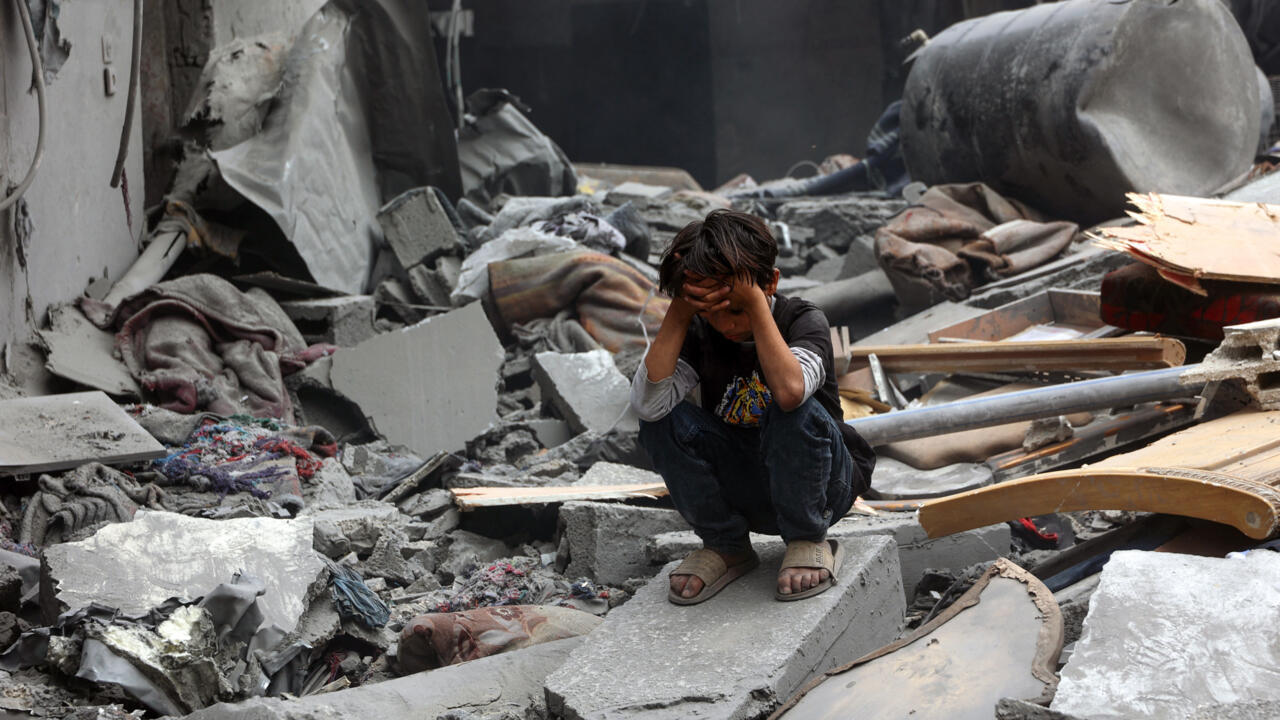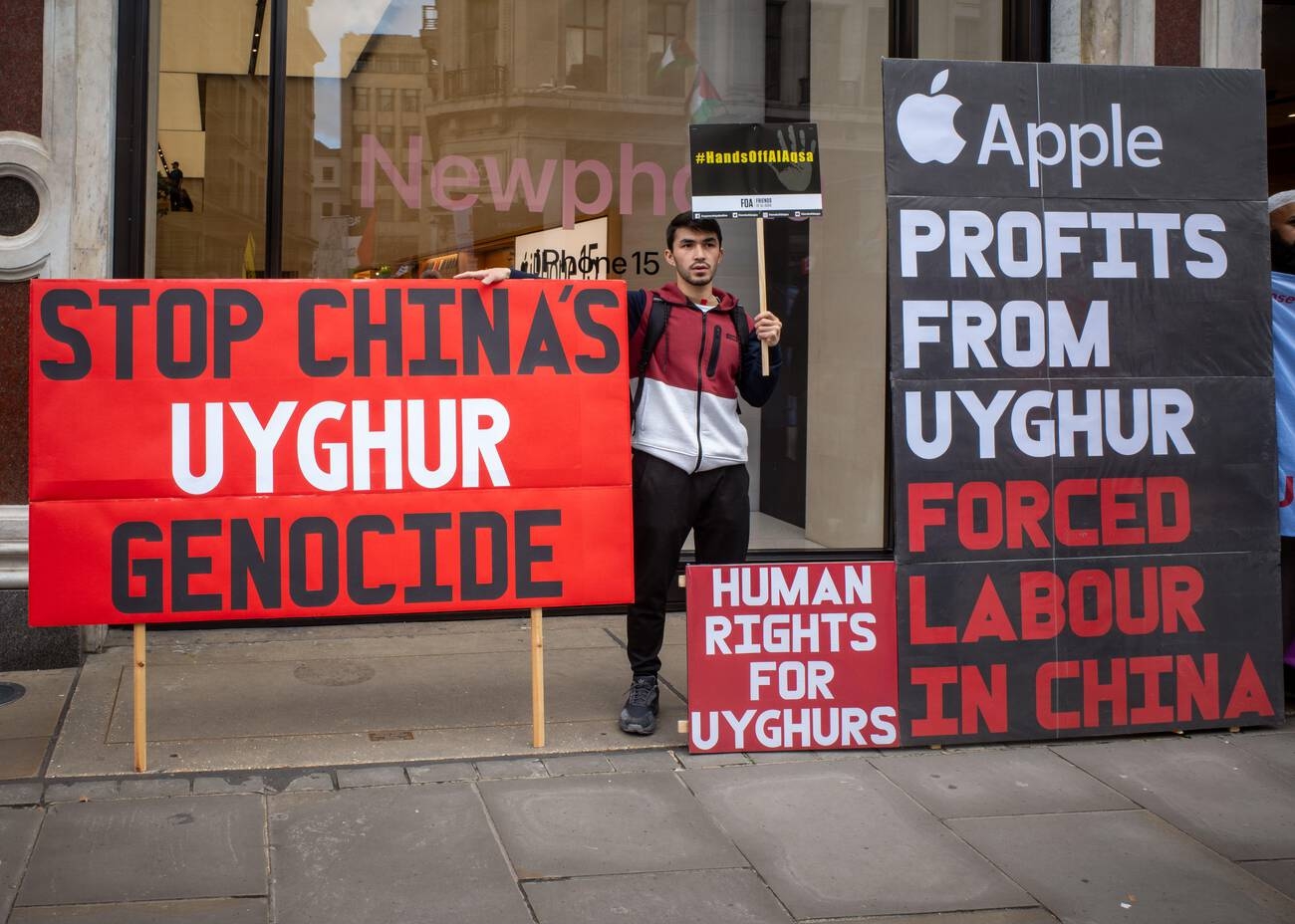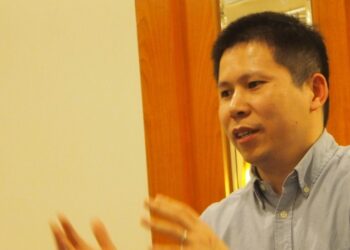Human Lives Human Rights: As the governments of the United States and South Korean move towards an end-of-war declaration that could formally end the 70-year-old Korean War, some have suggested that peace with North Korea is not appropriate until certain conditions are met, including improvements in its human rights practices.
Whenever the prospect of peace with North Korea is on the table, the issue of human rights often arises . The argument goes that the global community would lose key leverage to pressure North Korea to improve its human rights, or that unconditional peace in some way legitimizes a repressive regime.
However, the ongoing state of war on the Korean Peninsula directly hurts human rights — and yet, human rights concerns are repeatedly cited as a reason not to end that war.
Meanwhile, Human Rights defenders urge our fellow Americans and Koreans alike to view peace and human rights as mutually reinforcing, and not mutually exclusive, when it comes to North Korea.
It is clear that the status quo has been an unmitigated failure in terms of improving both rights and security. It’s been more than 70 years since the devastating violence of the Korean War settled into a fragile ceasefire.
The North, the South and the United States spend billions of dollars preparing for resumed military conflict, which would put millions of lives in peril.
Regular people suffer the consequences. About 70 percent of those who leave North Korea are women, and they often rely on smugglers in China or another third-party country to get them to South Korea since they cannot cross the border directly. They are especially vulnerable to exploitation, sexual violence and discrimination.
South Korea’s National Security Act has been used to suppress democracy and punish those who attempt to visit family in North Korea or even speak in positive terms about the North. North Korea cites “hostile policy” from the United States and the need to protect itself as justification for its own repressive behaviors.
Women are also disproportionately affected by sanctions leveled against North Korea that contribute to widespread poverty and hunger. Families have been separated by the impenetrable border for decades, and many have died before having the chance to reunite.
Rights activists believe that a peace agreement would help create the conditions to better protect the rights and security of all people.
Peace can sap the militarism that fuels human rights abuses, it can help cool the arms race and dissuade North Korea from pouring resources into weapons at the expense of its people’s human needs and a transformed relationship that leads with peace could build confidence and trust between the governments and result in more substantive talks on a number of issues, including human rights.


















